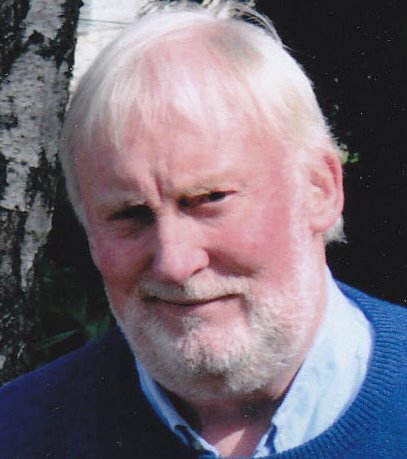 To Inverness, to run two days of workshops on secondary school timetabling for Highland schools.
To Inverness, to run two days of workshops on secondary school timetabling for Highland schools.
Many years ago a friend of mine told me that Inverness was an acronym: I.N.V.E.R.N.E.S.S. meaning It’s Not Very Exciting Right Now Especially Saturdays and Sundays. To emphasise his wit, he would utter the words in a strong Inverness accent.
The sentiments behind this acronym may have been true of the town at one time. I grew up as a child in Inverness, and his words always made me think of my parents reverentially laying out encyclopaedias to be read by us kids on quiet, rainy Sunday afternoons (after church). For years, I visualised Sunday afternoons, encyclopaedias and rain on the windows as a rather dreich collage of childhood weekends. There were happy, brighter memories, too, of course and, as an adult, I’ve always found Inverness quite a pleasant and friendly place to visit. I can still remember the attractive sandstone suspension bridge that spanned the River Ness in the centre of town when I was a child. This was replaced many years ago by a featureless concrete structure designed to handle the increasing levels of traffic. With its wide fast flowing river, its castle and cathedral, the centre of Inverness is very attractive for a bustling modern city, but I can’t help thinking the town’s appearance would have benefited from the retention of that bridge.
Anyway, to work – every time I run workshops like these for head teachers and their deputies, I am reminded of the busy, committed and stressful working lives they lead. As with any profession involving people, being a teacher – head of a school or not – requires patience, energy, a sense of humour and the ability to take the long view. It can be frustrating, but it is a job that can be thoroughly enjoyable and stimulating. The best teachers enthuse and encourage youngsters to challenge themselves and create a stimulating, welcoming classroom atmosphere.
The best head and deputy head teachers work as team members and support to the hilt teaching and non-teaching staff who are conscientious, prepared to adopt imaginative approaches to learning or who offer activities for pupils outside the classroom. You will have your own picture of what a head teacher is, perhaps based on happy or unhappy experiences at school. A head, or deputy head, has to be many things to many people. To the staff, he’s the boss, or represents the boss. To pupils, he is the ultimate embodiment of school authority and can be by turns an object of fear, annoyance, ridicule, respect or an appeal court of last resort, depending on mood or circumstance. If he’s any good, he is also someone who keeps popping up everywhere around the school. “He” means “he or she”, of course, but for the sake of simplicity, in a quite disgraceful departure from political correctness, I am using “he”. In a rural community particularly, the local secondary head is expected to have a presence, an authority, an articulate public voice in which that community can have confidence. To parents he/she is required to be approachable, readily accessible, reassuring and a mine of information about all aspects of the life of the school and education generally, and in particular he/she must be seen to care about the individual young people for the quality of whose education he/she is ultimately responsible. He/she must also be able to agree a clear vision for the school and involve teachers, parents and pupils in realising that vision. On a daily basis, the head teacher can find that they are arbitrating between pupil and pupil, teacher and pupil, teacher and teacher, parent and teacher and occasionally between parents and their own child or between parent and parent. He/she can within the course of a single day, or even a single hour, be the recipient of praise, abuse, lengthy harangues, political, emotional or spiritual outpourings, salacious gossip, adolescent tears, and any one of a thousand possible results of the circumstance whereby 900-plus adolescents are compelled to spend the working day in close confines with 100-plus highly-educated, opinionated, supremely stressed adults.
And it is in addition to all of this (and cuts in their budgets), as these Highland colleagues reminded me implicitly or explicitly during the workshops, that he, or she, has to organise a complex timetable for the school, or devolve that task with confidence to a competent colleague. And that timetable must work.
But at least there was plenty of laughter and humour along the way.
